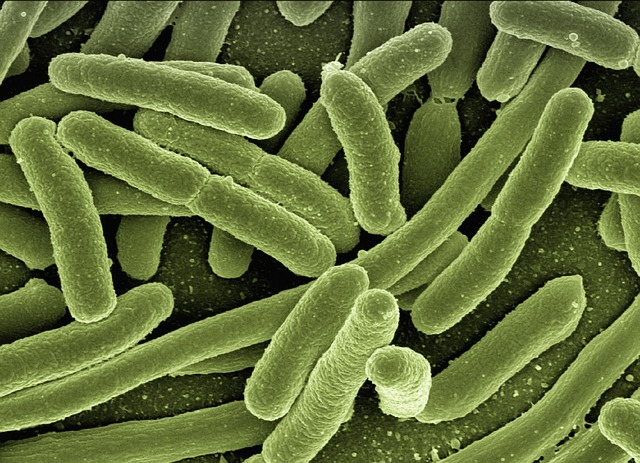The concept of sports genetics has gained traction in recent years, revealing incredible insights into how our genetic makeup influences our physical capabilities, preferences for certain types of exercise, and even our dietary needs. Understanding the intersection of sports genetics with a healthy lifestyle and nutrition can empower individuals to make informed decisions that align with their unique biological predispositions.
Imagine waking up each morning, invigorated and ready to conquer your fitness goals. This feeling isn’t just a product of motivation; it can be scientifically supported by enhancing your understanding of your genetic profile. By exploring your own sports genetics, you can pinpoint how your body responds to various exercises and adjust your routine accordingly. For example, some individuals may excel in endurance sports like running or cycling, while others might find their strengths lie in explosive sports like sprinting or weightlifting. Recognizing these tendencies can lead to more effective training regimes—translating to better results and a greater sense of achievement.
But it doesn’t stop there. Alongside physical training, healthy nutrition plays an equally significant role in achieving overall wellness and optimal performance. Our genetic makeup also affects how we metabolize different foods. By understanding your body’s genetic predispositions, you can tailor your diet to enhance your performance and well-being. For instance, some people may thrive on high-carb diets that fuel long endurance sessions, while others might perform better when following a high-protein regimen that supports muscle recovery.
The synergy between exercise and nutrition is vital in promoting a healthier lifestyle. Incorporating knowledge about your sports genetics fosters a more personalized approach. Consider keeping a journal to track your workouts and meals—this not only helps you analyze your performance but also provides insights into how specific foods impact your energy levels and recovery times. With this data, you can create a nutritional plan that synergizes with your training, ultimately leading to improved physical health and enhanced athletic performance.
Furthermore, even if sports genetics may not guarantee success, acknowledging its role can be incredibly motivational. Individuals who align their workout strategies and meal plans with their genetic inclinations often find it easier to stay committed, as they’re not simply following generic programs that may not resonate with their individual needs. This personalized approach can lead to a stronger connection with physical activity, making it a source of joy rather than a chore.
Incorporating sports genetics into your lifestyle is about empowerment and understanding. By unlocking the power of your genetic potential, you’re not just enhancing your athletic performance; you’re also opening doors to a healthier, more fulfilling life. The key is to embark on this journey with curiosity and openness, ready to explore how your unique genetic code can lead you towards better exercise habits and nutrition choices.




